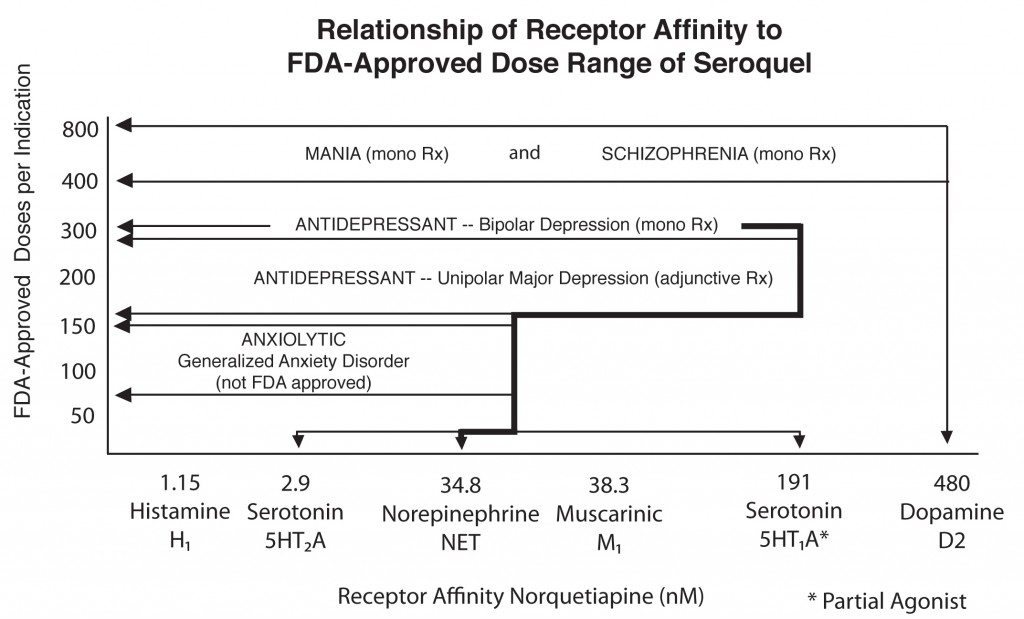Episodic vs. Continuous Social Stress Result in Different Rates of Cocaine Use
In a study of rodents exposed to stress (by being forced to enter another rodent’s territory) and given the opportunity to self-administer cocaine, those exposed to a few brief episodes of stress increased their cocaine use and engaged in binge-like episodes, while those exposed to stress chronically showed suppressed cocaine use.
At the American College of Neuropsychopharmacology meeting in December 2009, Klaus Miczek and colleagues from Tufts University in Boston presented a fascinating study indicating that the temporal aspects of the experience of social stress may have dramatic impact not only on defeat stress behaviors and the associated biochemistry, but also on the likelihood that an animal adopts cocaine self-administration. These investigators compared episodic versus chronic defeat stress in rodents.
Episodic social defeat stress consisted of four brief confrontations between an intruding animal and an aggressive resident rat over the course of a period of ten days. In contrast, chronic subordination stress involved the continuous exposure of the intruder rat to an aggressive resident over five weeks, during which time the intruder lived in a protective cage within the resident’s home cage.
The episodically defeated intruder rats showed increases in intravenous cocaine self-administration and prolonged binge-like episodes, along with increases in brain-derived neurotropic factor (BDNF), which is necessary for long-term learning and memory, in the midbrain ventral-tegmental area (VTA) and increased dopamine release in the nucleus accumbens, the reward area of the brain. In contrast, the continuously subordinate rats showed the opposite pattern of suppressed cocaine intake, suppression of dopamine release in the n. accumbens, and reduced BDNF in the VTA.
Quetiapine is Effective Across a Spectrum of Illnesses
The atypical antipsychotic quetiapine (Seroquel or Seroquel XR) has a range of efficacy in a number of illnesses, depending on the size of the dose given. Read about some of its uses below, including as an adjunct to antidepressants in unipolar depression; as a treatment for generalized anxiety disorder (GAD) and post-traumatic stress disorder (PTSD); and, at higher doses, as a treatment for mania and depression. Some of its potential mechanisms of action are described as well.

Quetiapine's actions on various receptors in the brain (bottom axis) are responsible for its effects in different illnesses
Quetiapine as an adjunct to antidepressants in unipolar depression
Posters at the American Psychiatric Association meeting in San Francisco in May 2009 showed new data from a series of studies of quetiapine in unipolar depression that showed the drug in monotherapy (at 150mg & 300mg) was significantly more effective than placebo. Studies were also positive when quetiapine was used as an adjunct compared with placebo for patients showing inadequate or incomplete responses to antidepressants such as selective serotonin reuptake inhibitors (SSRIs).
Read more

